Success Stories
Poder Judicial de Costa Rica - Costa Rica
Escuela Judicial "Rodrigo Lara Bonilla" - Colombia
Poder Judicial del Estado de México - México
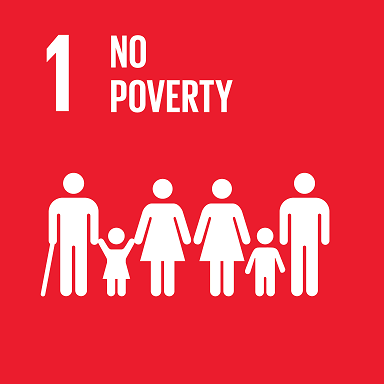
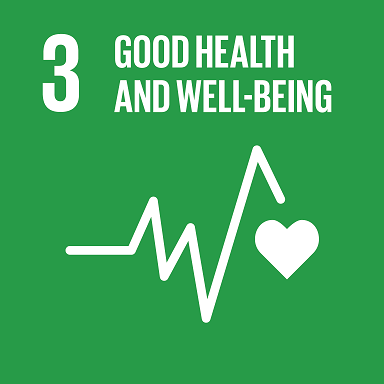
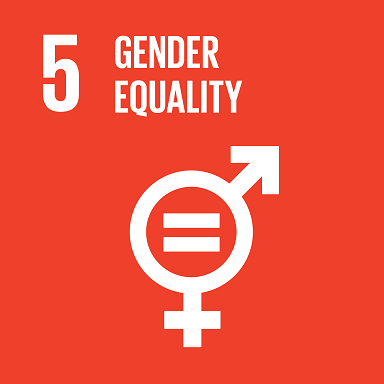
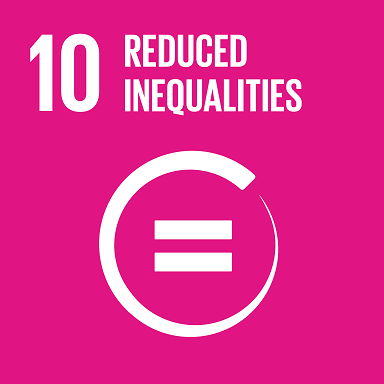
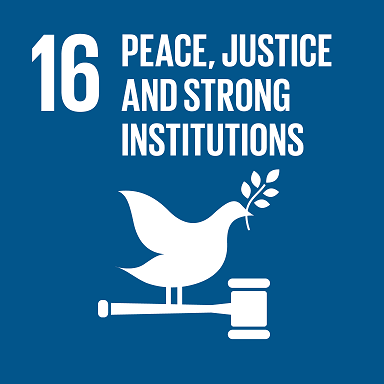

Creating a participatory model with the involvement of the target population of Restorative Justice
Summary of the case:
Thanks to the project, a participatory model was developed based on the meeting and integration of the target population, which allowed the adaptation of Restorative Justice to the different contexts.
In Mexico, indigenous populations participated in a training entitled "Restorative Justice in harmony with indigenous peoples", later promoting awareness raising on the subject among justice professionals in their territories.
In Colombia, judges from border areas were included in the training of trainers so that they can replicate the knowledge in their geographical areas, without having to travel long distances to reach the capital.
In Costa Rica, various offices of the Ministry of Justice were involved in the process of building the "Protocol for Action and Training in Restorative Justice in the Implementation Phase - an opportunity for convicted persons to obtain a sentence other than prison," which made it possible to obtain consensual products that are now being implemented and are sustainable.
Main learning and recommendations:
The importance of promoting mechanisms for joint construction between the justice system and civil society, which helps Restorative Justice respond to the needs of the target population.
Achieved impacts and objectives:
- A strong contribution to SDG 16 (Peace, justice and strong institutions) has been made by "ensuring equal access to justice for all" (target 16.3).
- In addition to "Strengthening the application of Restorative Justice in Criminal and Juvenile Justice matters as an alternative model to conflict that contributes to social peace", the project has been particularly concerned from the outset with responding to the reality of the most vulnerable population. Instruments and mechanisms for dialogue with leaders and representatives of civil society, and particularly with the target population, have been key to increasing the interest of the vulnerable population and adapting the judicial response to them.
Key success factors:
- The willingness of justice systems to commit to a participatory model with the involvement of the target population in Restorative Justice.
- The correct identification of the target population and their leaders and the invitation to their voluntary participation.
- The commitment of the target population and judicial officials.
The added value of Triangular Cooperation: (more information here)
1. Building ownership and trust.
2. Promoting complementarity and increasing coordination in development cooperation.
3. Sharing knowledge and learning jointly.
4. Co-creating solutions and flexibility.
5. Enhancing the volume, scope and sustainability of Triangular Cooperation
6. Achieving global and regional development goals through strengthened partnerships for sustainable development.
RELATED FILES
Thanks to the peer-to-peer dialogue promoted by DIALOGAS, the National Technical Tables for Institutional Coordination in Transversal and Socio-Emotional Competences were created in Argentina, Paraguay and Guatemala and the conditions for the creation of the Tables in Chile, Panama and Uruguay were settled.





